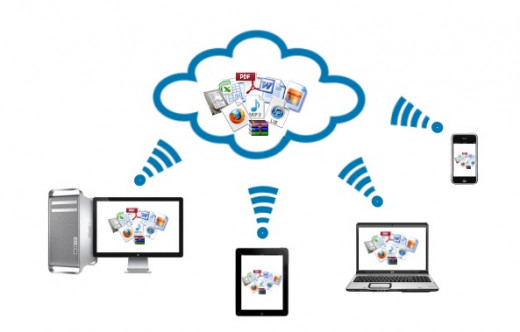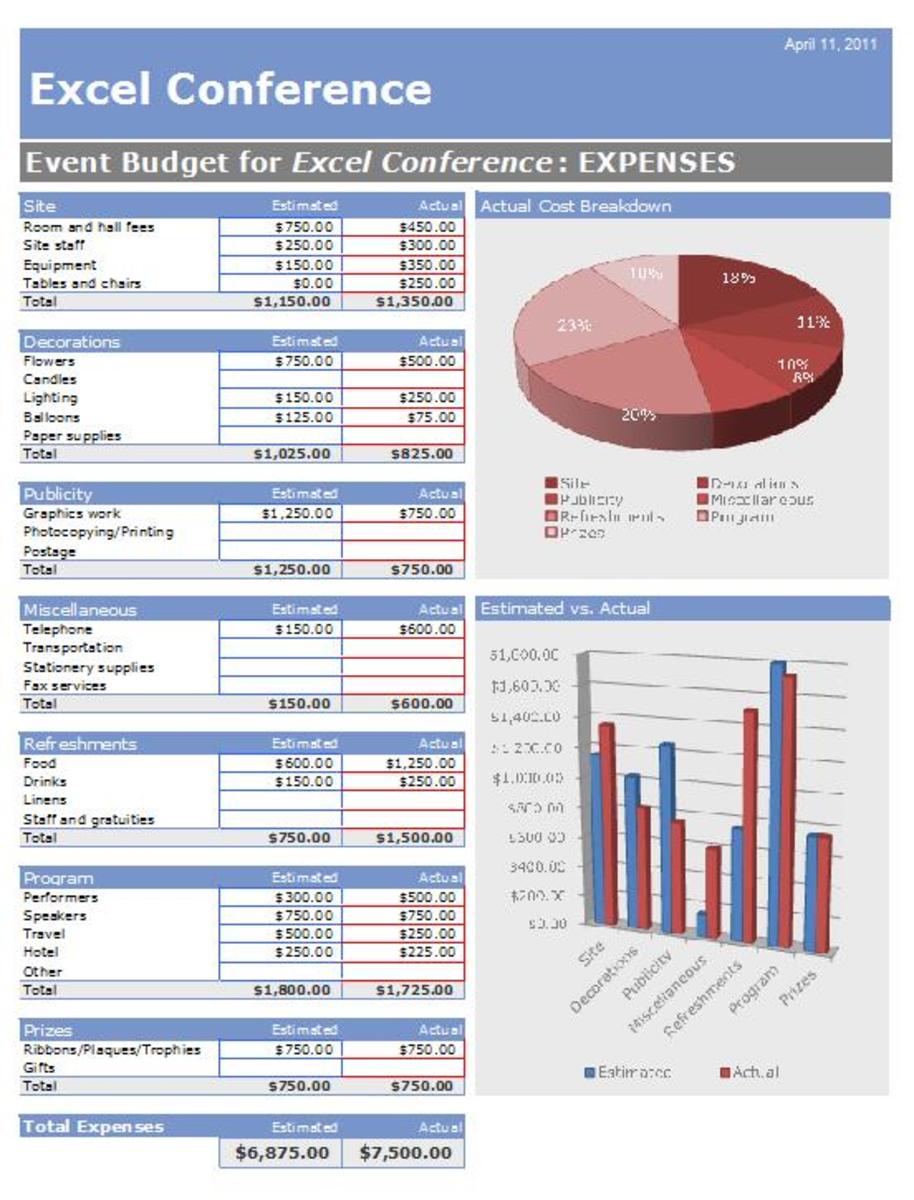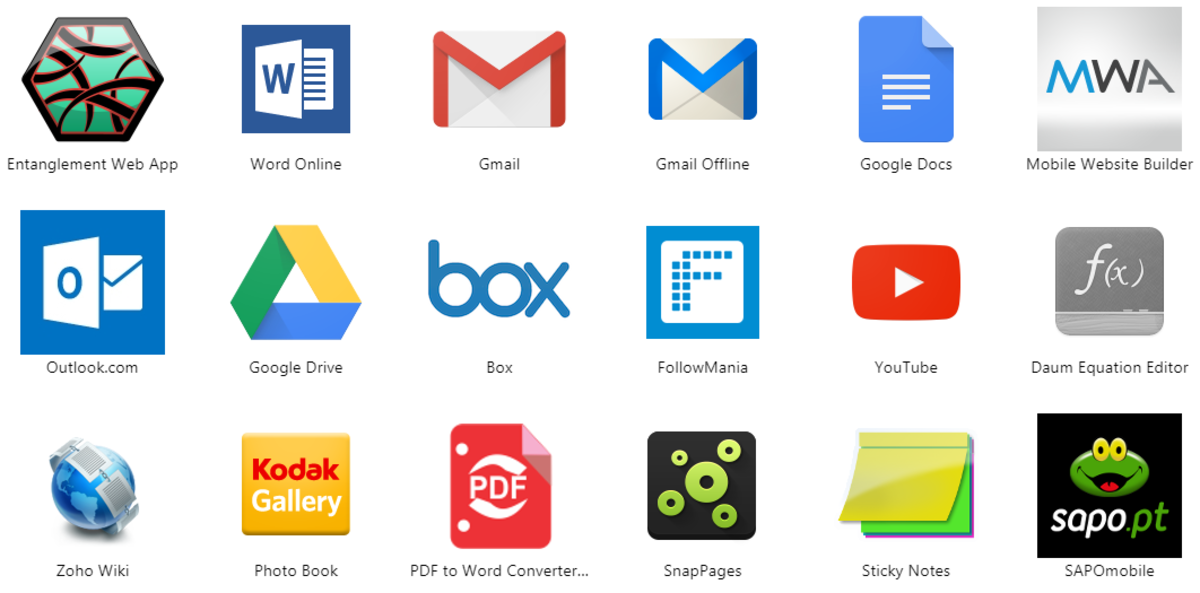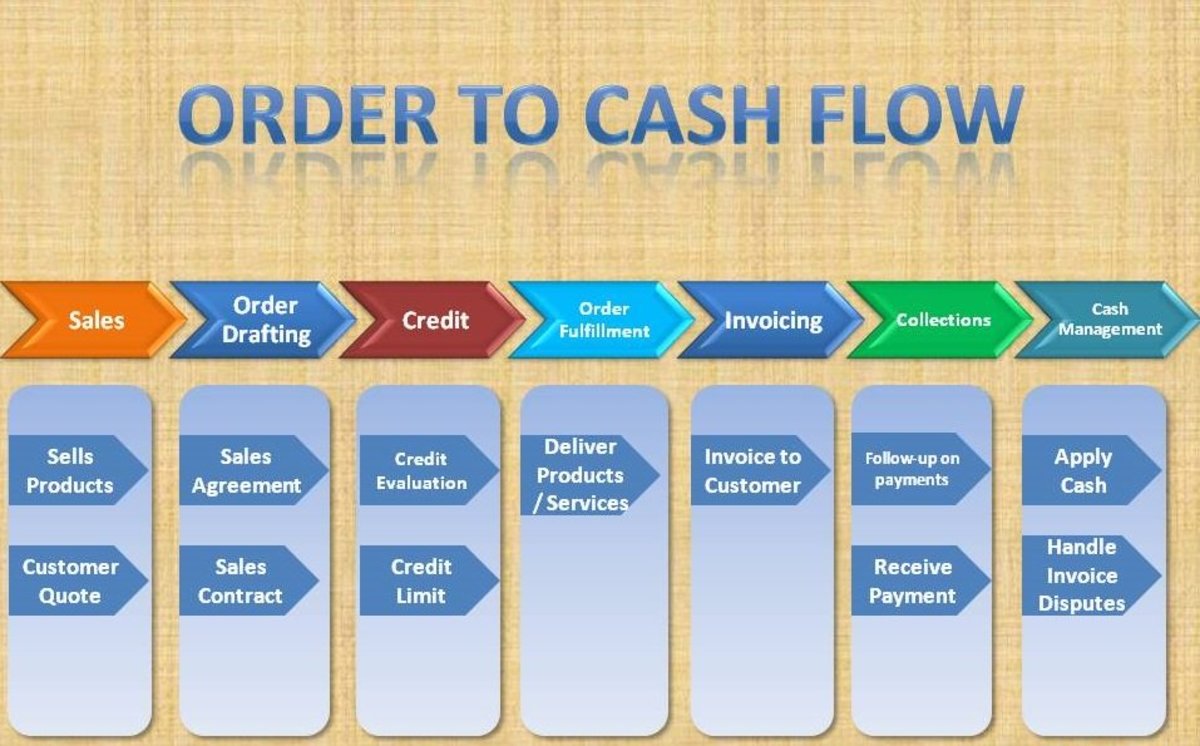Cloud Computing & the Future of Software
The Cloud!
Since the invention of computers there has been a race to make newer, faster, and all around better software. With the invention of the internet that need was even more pressing, and then broadband came along. This new speed boost meant that programmers needed to update more often and we see also a boost of software development diversity. Today we now have wireless internet and what is now referred to as the “Cloud”. Simply put the “Cloud” allows us to store files and folders on a remote server that is protected. Now we see software developers taking advantage of this new technology, but what are the advantages and disadvantages of Cloud computing? Is this the new model for computing? What does this mean for programmers and network technicians?

Advantages!
So what are some of the advantages of Cloud computing? According to a research paper that written by Andreas Holubek and Barry D. Floyd there are five advantages:
“(1). Faster to market. Custom applications were developed and deployed in 76% less time and required 76% - 85% fewer developer hours;
(2). Lower cost. Companies were able to reduce their three year TCO by 54%, saving $560,000 per application;
(3). Higher quality. Users of the custom applications built on the Force.com platform reduced Annual Downtime by 97% and 60% less time dealing with the service desk;
(4). Better performance. The combination of the first three benefits contributed to better business performance and generated an additional $3.9 million in annual revenue for each firm.
(5). Accelerated pace of innovation. Force.com changed the process of custom application development so much that companies tripled their output of custom applications and doubled annual upgrades from 1 to 2. ”
Security is and has been an issue since the beginnings of the internet, but with new advances in software distribution and development, it may be a worry of the past. According to the February issue of SDM “The 2012 SDM Industry Forecast documents that many security channel
companies are currently offering cloud-platform services including remote video hosting, managed access control, hosted video storage/viewing and VSaaS (video software as a service).” These are just a few of the advantages of using the cloud to distribute and develop software.
How has your experience with the cloud been?
Disadvantages!
With all the advantages that cloud computing has to offer, what are some possible drawbacks with this networking model? Software developers will first have to deal with receiving payments, according to an article in Accountancy Ireland, “one of the largest challenges of the SaaS vendor model can be payment terms.” With no real pricing system established for cloud-based software it seems that companies could falter because of their prices being too high or too low. Another issue as stated by Lynda Stadtmueller of Frost & Sullivan, “…they are afraid of cloud outages (for example, Amazon’s outages in 2012 took out services offered by Netflix, Instagram, Pinterest and Heroku among others).” If a company or individual loses connection to the cloud then they can longer connect to the software that allows them to be in business. It seems that connectivity might be an issue, just as it was in the days of dial-up, except without all the noise.
Free Cloud Storage Providers
Cloud Service
| Storage Size
|
|---|---|
OneDrive
| 7GB
|
IDrive
| 5GB
|
GoogleDrive
| 15GB
|
DropBox
| 2GB
|
Bitcasa
| 10GB
|
Information compiled from PCMag
Wrap-Up!
It seems that the cloud may be the future of computing. Software developers have been dealing with the issue development and distribution for as long as the computer has been around, and they have always found a way to keep up with the demands. As technology advances it will surely bring solutions to the problems that are currently faced, with all technology however, there are sure to be new problems that will arise. As far as how this will actually affect software development and distribution is yet to be seen, but it is all too obvious that the world will only need new programmers to write software and marketing teams to distribute it.
Works Cited
O'Dwyer, John. "Disruption In Software Delivery, Distribution And Pricing." Accountancy Ireland 45.1 (2013): 35. Associates Programs Source. Web. 28 May 2014.
Holubek, Andreas, and Barry D. Floyd. "Simplifying Software Development And Distribution - Platform As A Service." Journal Of Integrated Design & Process Science 17.3 (2013): 47-57. Academic Search Complete. Web. 28 May 2014.
"Security Distributing & Marketing." SDM: Security Distributing & Marketing 30.12 (2000): 1. Associates Programs Source. Web. 28 May 2014.
What do you think?
Whats your experience with the "Cloud"?
Things to think about:
1: How can cloud computing be exploited to harm its users?
2: Can something as open as the cloud truly be secure?
Good Reads!
© 2014 Jeremy Floyd









